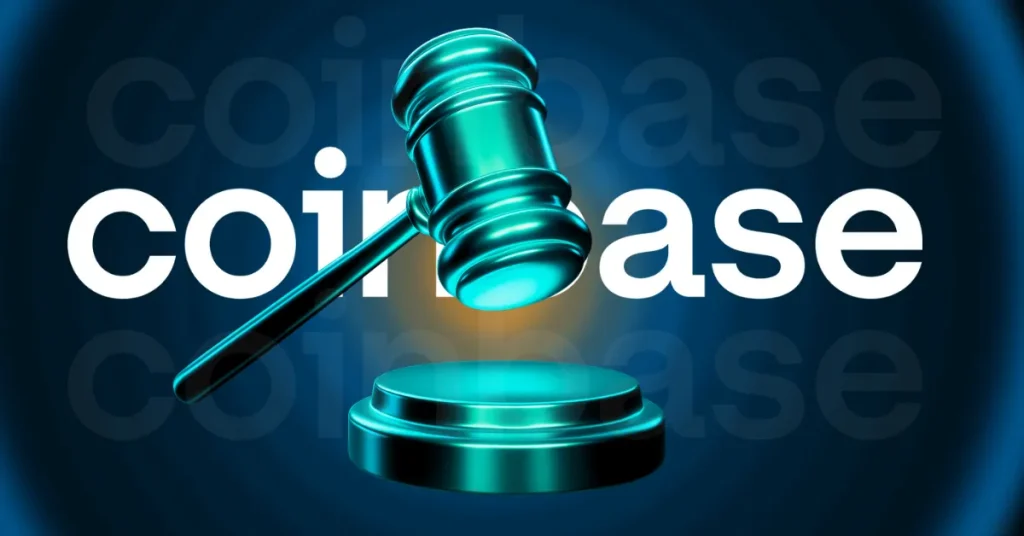14,000 Crypto Users at Risk: Will the Supreme Court Shield Privacy After IRS Crackdown?
The IRS just bulldozed crypto privacy—now 14,000 users are scrambling as the Supreme Court weighs in. Here’s the brutal breakdown.
### The Data Heist No One Saw Coming
Tax agencies have a new favorite toy: your blockchain footprint. This time, they didn’t ask—they took.
### Supreme Court Showdown
Privacy advocates are betting on judicial intervention. But let’s be real—since when has the government *not* found a loophole?
### The Finance Irony
Banks lose billions to fraud? Crickets. Crypto users try to opt out of surveillance? Full audit mode. Priorities, people.
Final thought: If privacy loses here, it’s open season—and your cold wallet might be next.

A major privacy debate is unfolding in the United States, as the Supreme Court is being asked to step in after the Internal Revenue Service (IRS) overstepped constitutional boundaries when it seized the financial data of over 14,000 cryptocurrency users without a warrant.
This high-stakes case, Harper v. Faulkender, could redefine digital privacy rights for millions of Americans who use VIRTUAL currencies.
What’s The Harper v. Faulkender Case?
The controversy began when James Harper, a long-time Coinbase customer, received a startling letter from the IRS. Without any warning or specific suspicion of wrongdoing, the agency had obtained his transaction records from Coinbase, along with data from thousands of other users.
The IRS relied on a “John Doe” summons—a tool meant to uncover tax evasion by unidentified individuals—to justify this sweeping data grab.
Meanwhile, Harper, who had always reported his crypto holdings and paid his taxes, was shocked to learn his private financial information had been handed over without a warrant or even a chance to challenge the action.
And he wasn’t alone—around 14,000 other crypto users also had their information seized similarly. Now, the case has reached the highest court in the country.
The Big Question: Is This Legal?
At the center of this case is a rule known as the “third-party doctrine.” It allows government agencies to collect your data from companies like Coinbase without asking you first, just because you gave your data to those companies.
But many say this rule doesn’t make sense anymore. In today’s world, people have to share personal information just to use apps, websites, or digital wallets. That doesn’t mean they’re okay with the government looking at their data without permission.
Why This Case Matters to Everyone
The legal group New Civil Liberties Alliance (NCLA) and top lawyer Kannon Shanmugam are asking the Supreme Court to review this case. They say the government’s actions were wrong and that the court needs to step in to protect basic rights.
However, lower courts have so far sided with the IRS, saying users give up privacy rights when using platforms like Coinbase.
If the Supreme Court agrees to hear this case, it could change how the government handles digital data.

